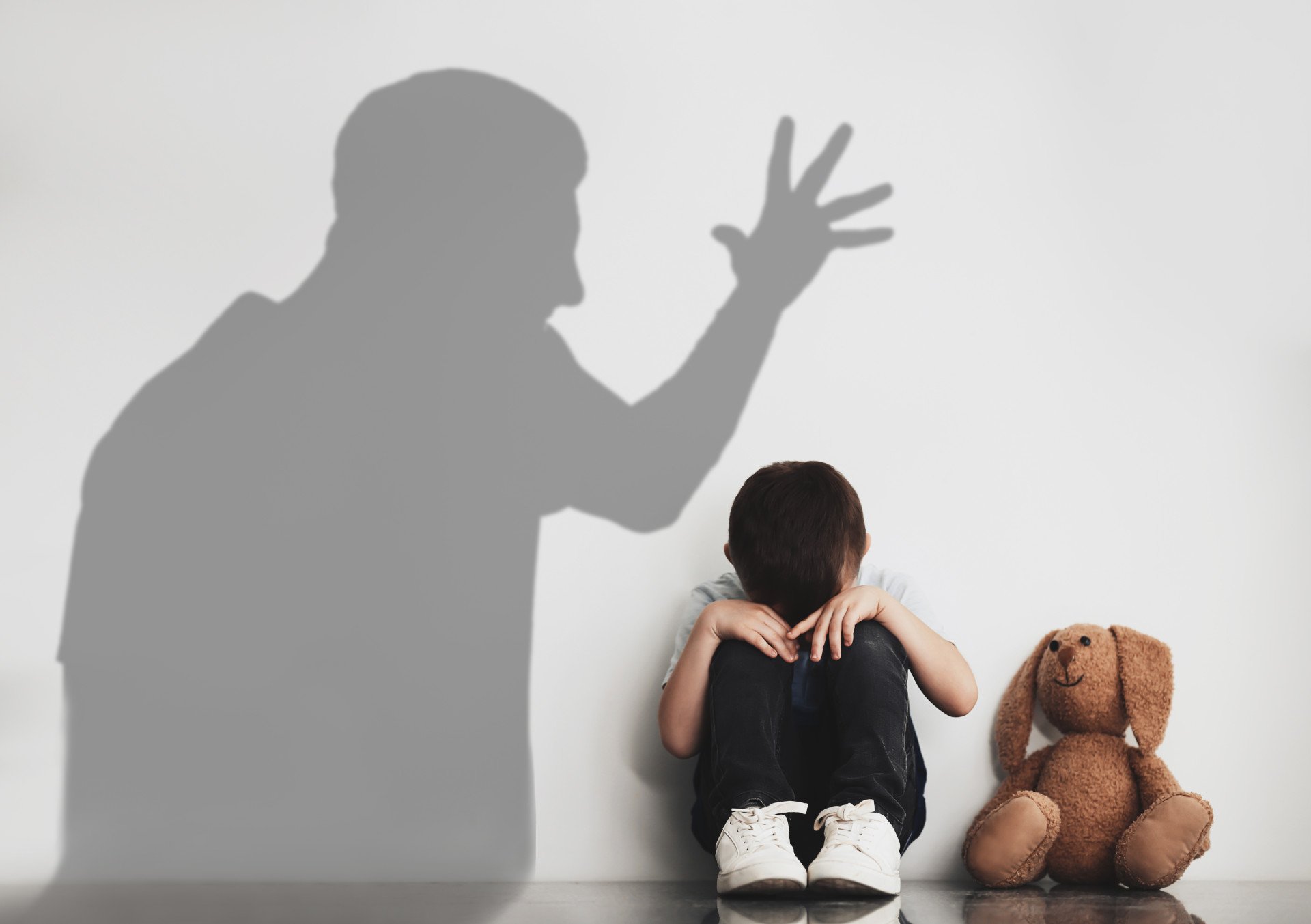
Key Points
- Adults with adverse childhood experiences (ACEs) often react more strongly to both good and bad daily events.
- Abuse-based adversities (like physical or emotional abuse) predicted sharper emotional swings than neglect or household challenges.
- Some adults even reported more negative feelings on days with positive events if they had certain ACE histories.
- These patterns suggest childhood adversity can leave lasting fingerprints on emotional life, shaping how joy and stress are felt decades later.
A coffee spill, a kind word, and a storm inside
Picture this: you spill coffee on your shirt right before a meeting. Your heart sinks, and irritation lingers for hours. Later, a colleague compliments your work, but instead of feeling uplifted, unease creeps in.
For many people, such everyday ripples fade quickly. But for those who lived through childhood adversity, these ripples can feel like crashing waves.
A recent daily diary study of nearly 2,000 adults aged 35 to 86 explored how early-life adversity shapes emotional reactions to both positive and negative events.
Instead of relying on broad memories, participants reported their mood every evening for eight days, noting what went wrong—or right—that day.
Childhood adversity leaves lasting fingerprints
Adverse childhood experiences (ACEs) include abuse, neglect, or household challenges like parental substance misuse or divorce.
They are known risk factors for depression, anxiety, and physical health problems in adulthood.
But this study asked a more subtle question: Do ACEs make people feel daily life differently? The answer was yes.
Adults with more ACEs reported sharper increases in negative emotions on stressful days. Even minor hassles, like arguments or work stress, hit harder.
Surprisingly, ACEs also shaped reactions to good days. Instead of joy, positive events sometimes triggered more negative emotions—suggesting that happiness can feel unsafe for some.
Not all adversities weigh the same
The researchers compared two approaches:
- Cumulative ACEs (adding them up like tally marks).
- Specific ACEs (examining abuse, neglect, or household dysfunction separately).
The nuance mattered. Abuse—whether physical, emotional, or sexual—was strongly linked to heightened distress during negative events.
Household factors like parental divorce also played a role. By contrast, neglect did not consistently predict stronger reactions.
Perhaps most striking: growing up with a parent who misused substances predicted more negative feelings on days with positive events.
In other words, when something good happened, unease followed—possibly because past experiences taught these individuals that good moments could be unstable or short-lived.
Why good news can feel bad
How can a kind word or family success stir negativity?
The authors point to how adversity reshapes the brain and emotional “filters.” If early life repeatedly paired joy with risk—say, a caregiver’s unpredictable mood—positive events may later be met with vigilance rather than ease.
This echoes the constructed emotion theory, which argues that our brains build expectations from past experience.
For those with ACEs, positive events may not “fit the script,” creating discomfort instead of comfort.
Why it matters
These findings matter because they reveal that childhood experiences ripple across decades into the texture of daily life.
It’s not just about clinical disorders but about how ordinary joys and frustrations are felt.
For clinicians, this means therapy may need to help clients both regulate distress during hassles and learn to fully savor positive moments.
For everyday readers, it underscores that struggles with enjoying good news or “overreacting” to small stressors may trace back to early experiences—not personal weakness.
Understanding this link can open space for compassion, both toward ourselves and others.
Building new emotional scripts
If past experiences shaped emotional reactivity, can new experiences reshape it? Research in positive psychology suggests yes.
Practices like mindful savoring, gratitude journaling, and positive social connection can help strengthen the brain’s ability to hold onto good feelings.
Meanwhile, stress-regulation tools—like deep breathing, therapy, or physical activity—can soften the spikes of negative reactivity.
For those with a history of ACEs, the challenge is learning to trust that good experiences are safe to feel. As one therapist might put it: “Joy doesn’t have to be borrowed time.”
A gentle takeaway
Spilled coffee and kind words are tiny things—but for some, they echo with the weight of history. This study shows that our emotional lives are not written on blank slates. They’re layered with early lessons, some protective, others scarring.
Yet knowing this offers hope: by understanding where our reactions come from, we can begin to rewrite how we meet life’s daily ups and downs.
Reference
Potter, S., Bridger, E., Piotrowska, P. J., & Drewelies, J. (2025). Emotional reactivity to daily positive and negative events in adulthood: The role of adverse childhood experiences. Emotion, 25(6), 1502–1515. https://doi.org/10.1037/emo0001512


